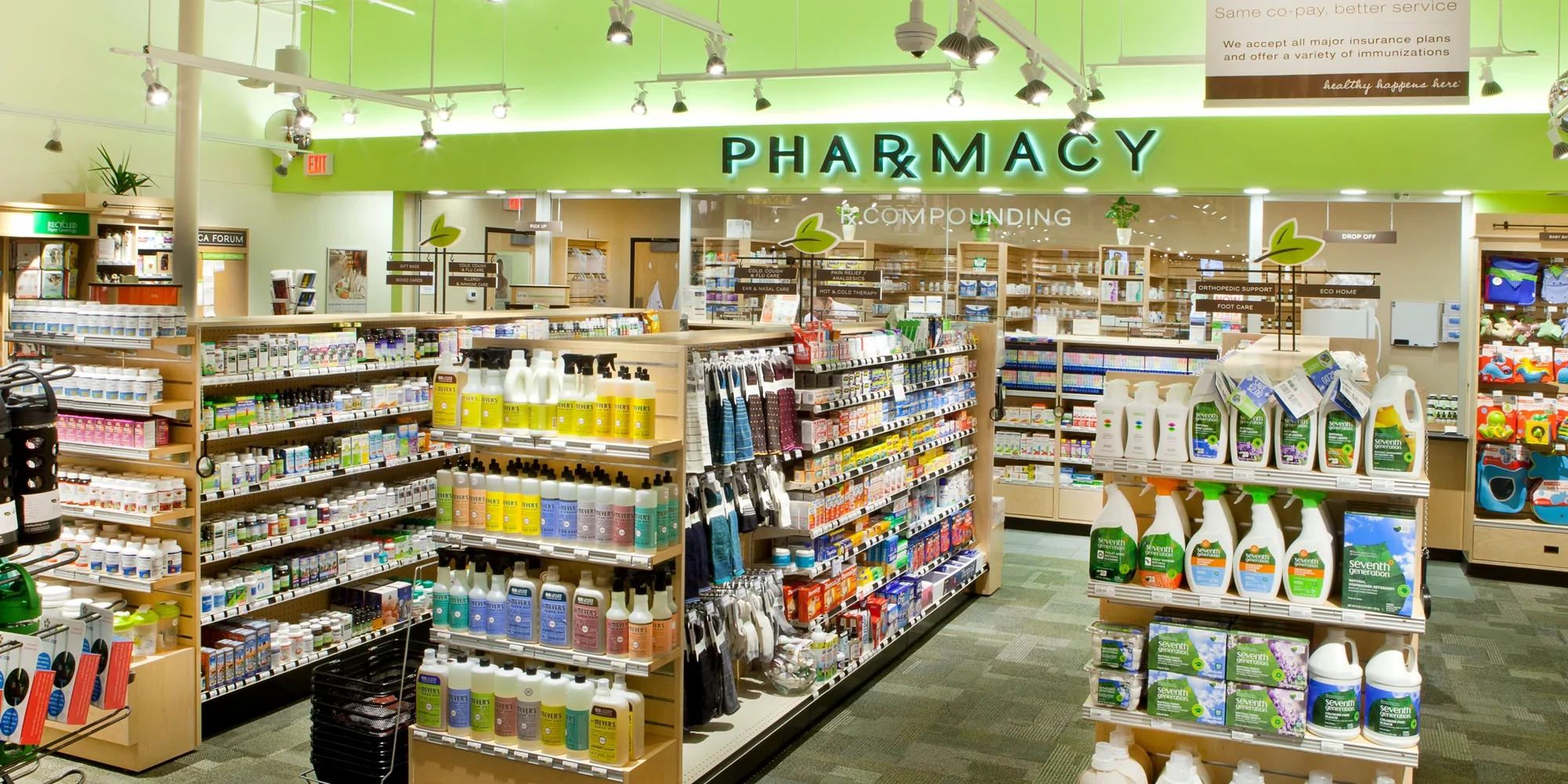
Pharmaca To Close All Locations
A victim of parent company Medly’s misfortunes, Pharmaca is going out of business.
Vendors were alerted via email Wednesday that the natural beauty and wellness chain’s 22 stores will close on Feb. 25 followed by its e-commerce platform on March 31. In a transaction approved Tuesday, Walgreens acquired select Medly assets in bankruptcy proceedings, including prescription files, inventory and intellectual property, for $19.35 million in cash, but didn’t take over Pharmaca’s stores.
The closure appears to end a concept that many in the beauty and wellness industries thought had potential, if not to rival big pharmacies like CVS and Walgreens, then to carve out a space amid bigger legacy players as Whole Foods has done in grocery. Before clean beauty became a fixture at Target, Sephora, Walmart and Ulta Beauty, Pharmaca stocked around 150 premium beauty brands primarily positioned as clean and natural such as Sanitas, Juice Beauty, Dr. Hauschka, Indie Lee, Sonage, Babo Botanicals, Trilogy, Evanhealy, Jane Iredale and W3ll People.
“They were like the Whole Foods of pharmacy, and I think this country is crying out for something like that,” says Lisa Crary, CEO of Sanitas, a skincare brand carried by Pharmaca. “You can go to any Walgreens and get your antibiotic filled, but to have some place where you can go talk to someone about your skincare and alternatives to drugs or supplements that might be better for you, there’s a huge need for that.”
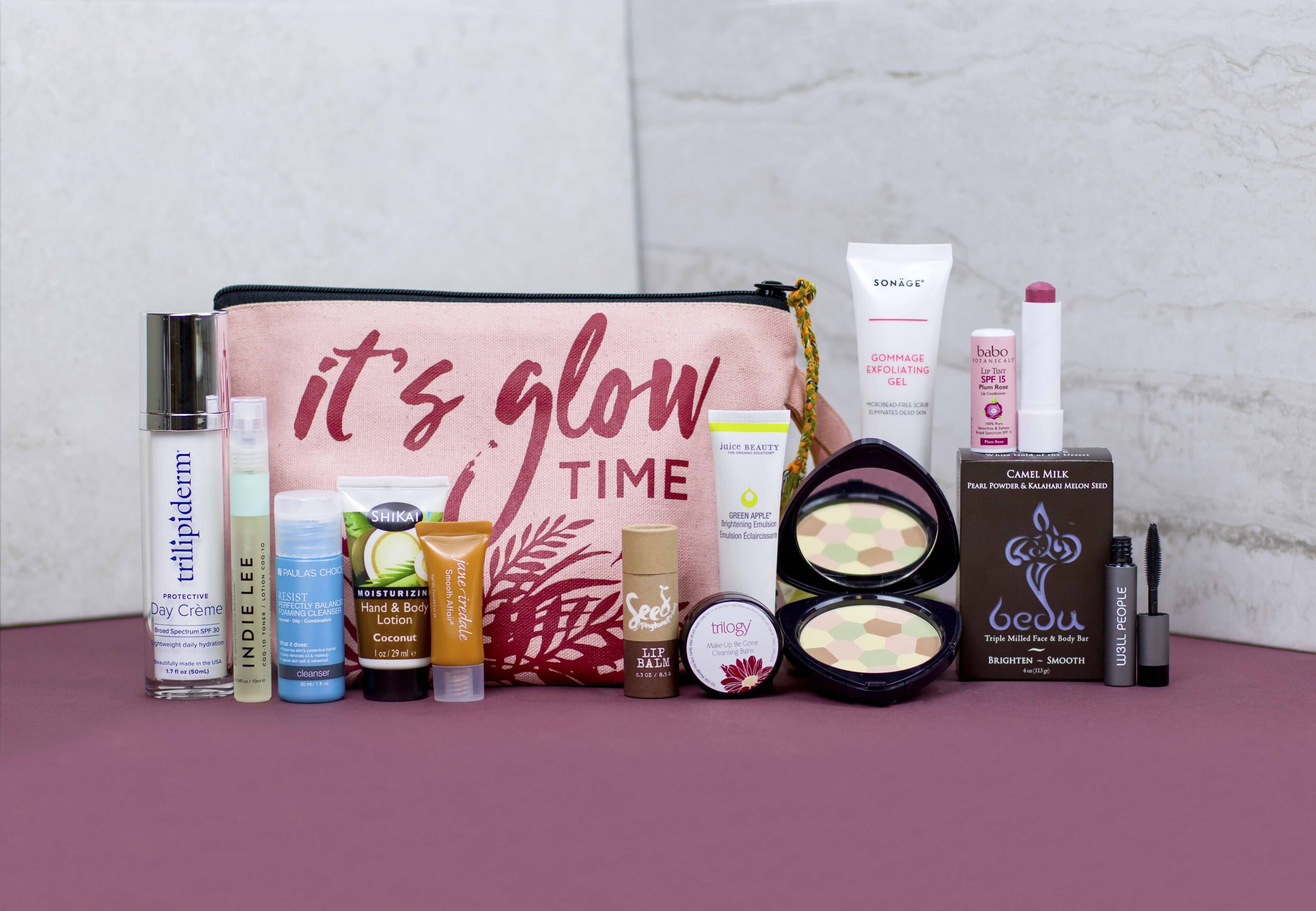
Barry Perzow founded Pharmaca in 2000 in Boulder, Colo., and guided it as CEO. The former president of Capers Natural Food Markets surmised dissatisfaction with the American healthcare system sparked an opportunity for a retailer to focus on personalized attention and different solutions than simply standard pharmaceuticals. Pharmaca built up an expert staff of licensed aestheticians, herbalists, naturopathic doctors, and homeopathic and traditional pharmacists.
Pharmaca frequently had beauty services in its stores, and brands often held events that incorporated facials, makeup sessions and extensive sampling. Perzow wasn’t a purist about the merchandise mix. Pharmaca’s assortment blended conventional merchandise with natural products. Classic Tylenol and Vicks were on the shelf as well as Gaia Herbs Turmeric Supreme and Boiron Arnica Cream.
In 2007, Mindi Taylor, who was a Pharmaca store manager, told publication Women’s Wear Daily, “You want to have something for everybody, so, we have Pantene and Aussie that your typical person off the street is going to know, but we try to switch them on to things that may be healthier.”
In 2006, Pharmaca raised $18 million in a funding round led by Highland Capital Partners. Two years later, it nabbed another $20 million from Highland Capital Partners, Highland Consumer Fund and Physic Ventures. It had grown to 20 locations at the time and plotted 12 store openings per year. The goal was to increase Pharmaca’s store network to 150 to 250 stores within a few years.
But progress toward that goal stalled precipitously, and Perzow left Pharmaca in 2011. Mark Panzer, who assumed the CEO post at Pharmaca following Perzow’s departure and is currently president at the firm Retail Consulting Group, says Pharmaca’s investors didn’t have the appetite to “expand the concept or franchise it out.” He elaborates, “I always thought it would have been a great concept to franchise out or to help with independent pharmacists or pharmacy retail, whether it was Cardinal Health or McKesson.”
When digital pharmacy startup Medly purchased Pharmaca in 2021, it had 28 locations spanning California, Washington, Oregon, Colorado, New Mexico and Illinois, and Medly expected to boost its footprint to 30 metro areas in the United States. An estimate in WWD pegged Pharmaca’s sales three years earlier at $150 million.
Medly didn’t start as a buzzy digital startup. Instead, it began with a Brooklyn brick-and-mortar pharmacy helmed by physician Marg Patel, whose family had been in the pharmacy business since the 1980s. Launched in 2017, Medly hit its stride providing free same-day prescription delivery as e-commerce was entering nooks and crannies of retail it previously hadn’t crawled into.
“They were like the Whole Foods of pharmacy, and I think this country is crying out for something like that.”
During the pandemic as people quarantined at home were stuck shopping on screens, the digital pharmacy skyrocketed as did its ambitions to take on CVS and Walgreens. In 2020, it raised $100 million in series B funding from Volition Capital and Greycroft, bringing its total funding to $110 million.
By 2022, the publication Business Insider reports that it served 32,000 patients online and in 51 stores, including at Pharmaca and Medly locations, generated $270 million in revenues and was on track to hit 100 units in three years. However, its balance sheet wasn’t in order. Medly racked up $35 million in losses in the first half of 2022 prior to accounting for interest and taxes, according to a slide presentation Business Insider obtained.
To cut costs, Medly laid off 1,100 out of about 1,900 employees and planned to shutter about 50% of its stores. Yet, it couldn’t dig itself out of a hole as the pandemic conditions that had accelerated its sales diminished. Mired in debt amounting to about $110 million, Medly filed for Chapter 11 bankruptcy in December last year.
Brands carried by Pharmaca held out hope that a bidder would scoop up its locations to continue its existence beyond Medly. While its ride under Medly was a bumpy one (Crary mentions that Medly changed Pharmaca store nameplates to Medly and caused customer confusion), they underscore its format remained relevant, and their sales stayed relatively strong.
“Evanhealy was really successful in their stores, and we are sad to see them go,” says Lindsay Geinert, public relations and outreach manager at holistic skincare brand Evanhealy. “Throughout the years, we regularly offered mini-facial events at their top performing stores pre-COVID. Their staff was incredible…They were some of the best people to work with and were able to help customers in a deeper way than you see anywhere else. We will all sincerely miss the community that Pharmaca created.”
Geinert notes, though, that store performance was uneven, indicating that if a comparable pharmacy emerges in the future, it would have to pick its spots carefully. She says, “Several stores did amazingly well, but they had some locations that were not doing well. I think that location really matters for a concept like this. For instance, their Santa Fe location and certain Boulder locations were top sellers. These places have a clientele really into health and wellness and are willing to spend money on clean health and beauty products. Pharmaca wouldn’t be the right fit for everyone though.”
Still, beauty entrepreneurs and executives with ties to Pharmaca are convinced its quality customer service and unique, elevated assortment could have a role in today’s market. Anisha Khanna, co-founder of skincare brand Sonage, says, “There is an absolute need for an integrative pharmacy, where you can find an aesthetician who is also a nutritionist and is recommending the right ingestible and topicals, someone who cares about your needs or naturopathic doctors trained in Ayurvedic medicine who don’t resort to a quick-fix medical prescription without concern for the long-term side effects.”
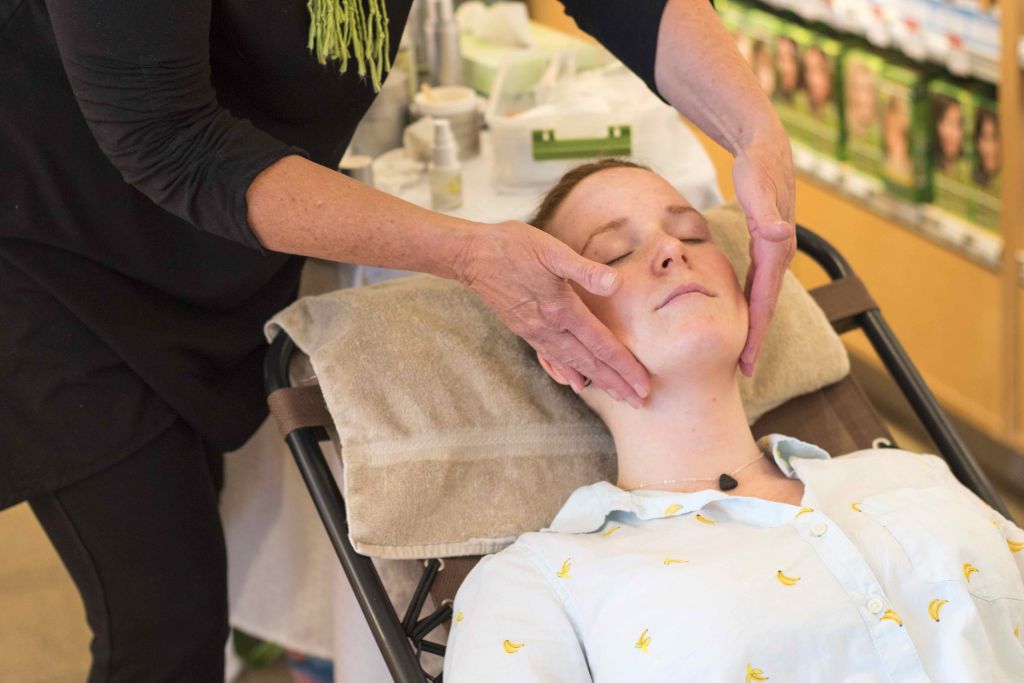
Neil Saunders, managing director of the retail division at data and analysis firm GlobalData, believes there’s room in the retail landscape for upscale pharmacies, but they face considerable challenges. He explains, “A concept like Pharmaca is never going to have the store network of the drugstore giants. It has a much more select audience, and therefore there are fewer locations where it can do well. This may limit economies of scale, which can be an issue when it comes to margins.”
He adds, “I think the wider issue for a chain like Pharmaca is how it differentiates and competes with specialists like Ulta and Sephora across some of the beauty products it sells. In theory, the pharmacy side should help draw in customers, but those shoppers may have a very different mindset and mission that isn’t always helpful to converting them to buying beauty when they come in. As such, success really relies on building up a loyal base of customers and by constantly seeking to expand awareness of the concept.”

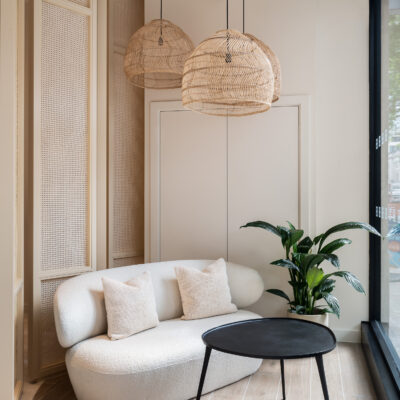
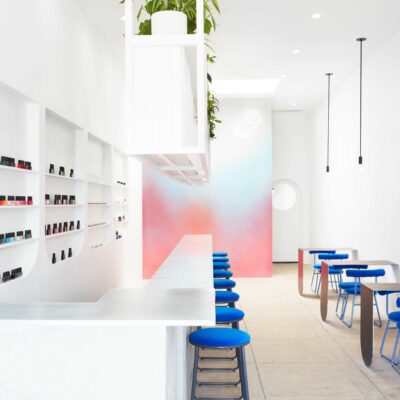
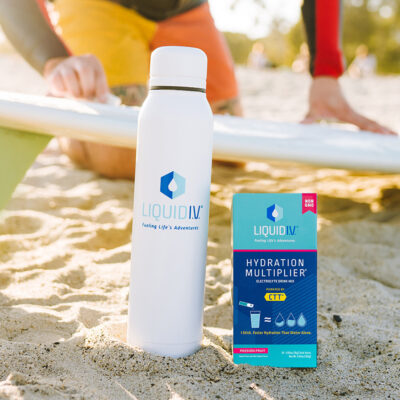

Leave a Reply
You must be logged in to post a comment.